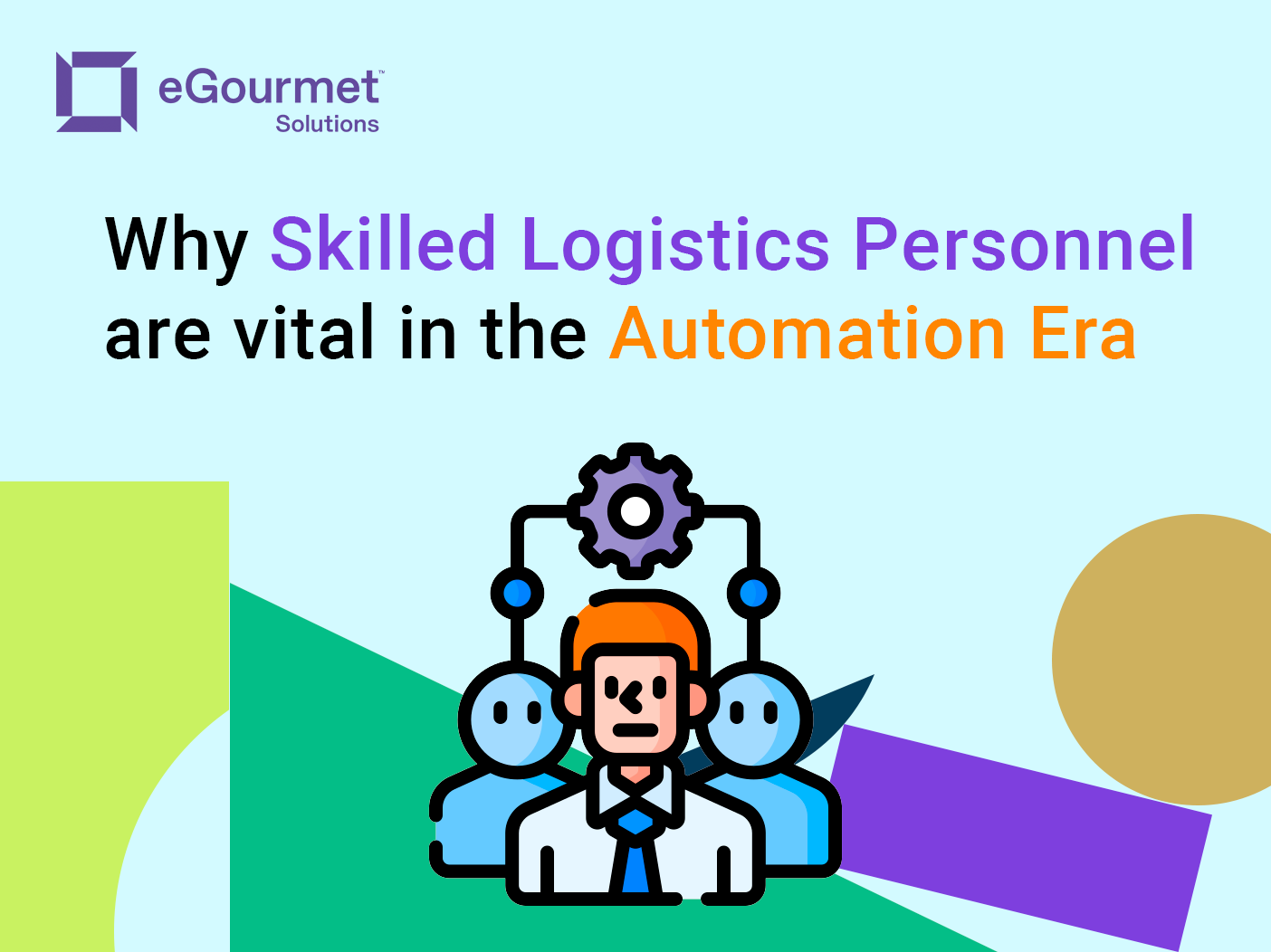
In an era increasingly defined by automation and technology, the logistics sector stands as a testament to the enduring value of human expertise. Despite the rise in technological advancements, the critical role of skilled logistics personnel remains essential, a fact often overshadowed in discussions about automation in logistics.
The Irreplaceable Human Touch in Decision-Making
Automation excels in repetitive tasks, but strategic decision-making still requires the irreplaceable human touch. Experienced logistics professionals offer nuanced understanding in complex scenarios that algorithms often overlook. Their ability to anticipate issues, adapt to unforeseen circumstances, and make judgment-based decisions is crucial for logistics operations. As Forbes notes, human expertise in logistics is vital for interpreting data in ways that machines cannot, adding strategic thinking and innovation to the mix.
Balancing Technology and Human Skills
While automation enhances efficiency, human oversight remains indispensable. Harvard Business Review highlights the synergy between humans and machines, suggesting that successful logistics operations blend skilled workers with technology, enhancing capabilities rather than replacing them. This synergy creates optimized and resilient supply chains.
Training and Development: Key to Leveraging Human Potential
The evolving logistics sector demands an equally evolving workforce. Continuous training and development, as emphasized by Supply Chain Dive, are crucial. Upskilling and reskilling employees ensures that the workforce remains adaptable and ready to work alongside emerging technologies.
The Human Role in Customer Service
Furthermore, the human element in logistics is critical in customer service. Logistics isn’t just about moving goods; it’s about satisfying customers. Logistics Management underlines the importance of human interaction in building relationships, handling customer queries, and providing personalized services that automation alone cannot match.
In conclusion, while automation reshapes the logistics landscape, the role of skilled logistics personnel is more crucial than ever. Their expertise, adaptability, and strategic insights support the integration of technology, ensuring the sector remains both innovative and human centric.